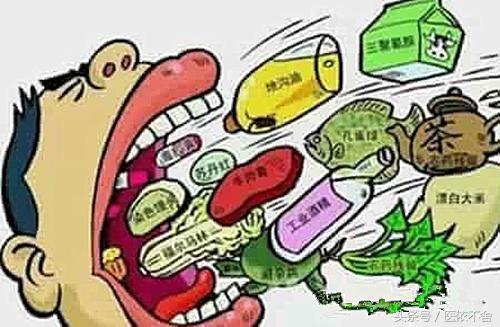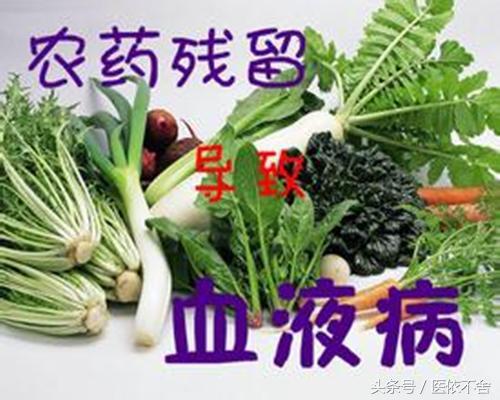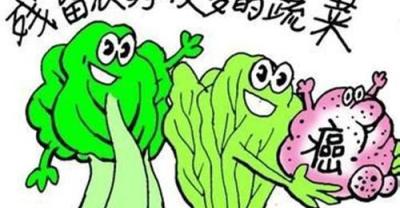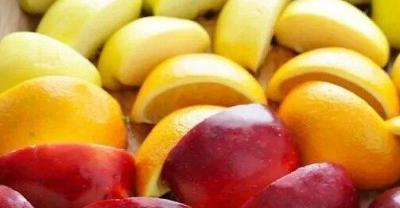Do you know which vegetables have the most pesticide residues? You wouldn't have thought it was it!
Now agriculture is inseparable from pesticides, and we can hardly find vegetables that have not been sprayed with pesticides on our table. Which vegetables and fruits are most likely to have pesticide residue problems? Research shows that. The growth of each kind of vegetable is different at the same time, and the characteristics are different. The use of pesticides is also different. Therefore, the residue will also be different.

There are relatively more pesticide residues in green leafy vegetables with short growth cycle and uneven surfaces such as cauliflower and strawberries. This is because the leaves of green leafy vegetables are large. It is easy to remain on the leaves when spraying pesticides. Especially cabbage, cabbage and other vegetables. Each layer will be injected with medicine: while cauliflower, strawberries and other fruits and vegetables, pesticides will remain on the uneven surface, it is difficult to pass Rain Water. Air and other environmental purification. Coupled with the short growth cycle, it may be easier to exceed the standard.

And green peppers, cucumbers, beans, radishes and other root vegetables, as well as some thin-skinned fruits and vegetables. Such as tomatoes, cherries, peaches, oilbeans, etc., pesticide residues are better; potatoes. Onions, radishes, sweet potatoes, peanuts and other fruits and vegetables directly buried in the soil, pesticide residues are even less.

Some odorous fruits and vegetables have the least pesticide residues, such as fennel, coriander, pepper, kale and other vegetables, because of their unique taste, fewer diseases and insect pests, so pesticides are used less, in addition. Fruits and nuts with thick skins, such as kiwifruit, walnut and chestnut, have fewer diseases and insect pests. The growth cycle is long, and there is basically no pesticide residue.

Pesticide pollution varies from season to season in addition to different types of fruits and vegetables. Generally speaking, summer is a high-risk season for excessive pesticide residues in vegetables. This is because the temperature is high, the number of pests in vegetables increases, and vegetable farmers have to use pesticides. Moreover, vegetables grow fast in summer, and pesticides are often not degraded. The vegetables are harvested and put on the market. In some areas, the unqualified rate of pesticide residues in vegetables in summer is even more than 10%. Therefore, eating vegetables in summer needs special precautions.

- Prev

The "Emperor Purple" bought by the aunt for 50,000 yuan is unexpectedly a fake emerald? She was so angry that she killed herself by drinking pesticides!
It happened some time ago, when an aunt spent 50,000 yuan to buy a jade necklace that was said to be "imperial purple"! The aunt thinks it only cost 50,000.
- Next

Are vegetables bitten by bugs safer, that is, green vegetables without pesticides?
With the improvement of people's living standards year by year, the pursuit of green vegetables is becoming more and more popular. So, how to choose green vegetables? What is a green vegetable?
Related
- Fuxing push coffee new agricultural production and marketing class: lack of small-scale processing plants
- Jujube rice field leisure farm deep ploughing Yilan for five years to create a space for organic food and play
- Nongyu Farm-A trial of organic papaya for brave women with advanced technology
- Four points for attention in the prevention and control of diseases and insect pests of edible fungi
- How to add nutrient solution to Edible Fungi
- Is there any good way to control edible fungus mites?
- Open Inoculation Technology of Edible Fungi
- Is there any clever way to use fertilizer for edible fungus in winter?
- What agents are used to kill the pathogens of edible fungi in the mushroom shed?
- Rapid drying of Edible Fungi

